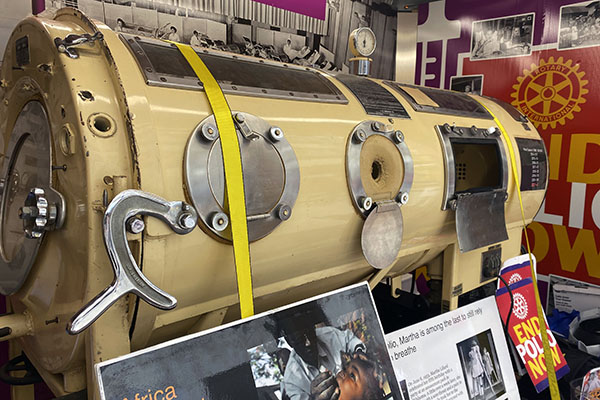

By Amélie Perfetti, Rotary Club of Saint-Dizier, France
A few years ago, two members of Rotaract from Paris, France, launched the Climbing Like Ibrahim project. Mini and Rachid had a friend in common, Ibrahim, a polio survivor, who always used to say that for him, going to school was like climbing mountains every day.
They set about challenging themselves to climb mountains for Ibrahim to raise funds for ending polio, so that no more children would have to “climb mountains” to go to school. They began by climbing Mont Blanc, in the French Alps. Since then, several other efforts have included an ascent of Kilimanjaro, the Inca route in Peru, the crossing of Corsica via the GR20 and the tour of Queyras in the Hautes Alpes.
Continue reading



